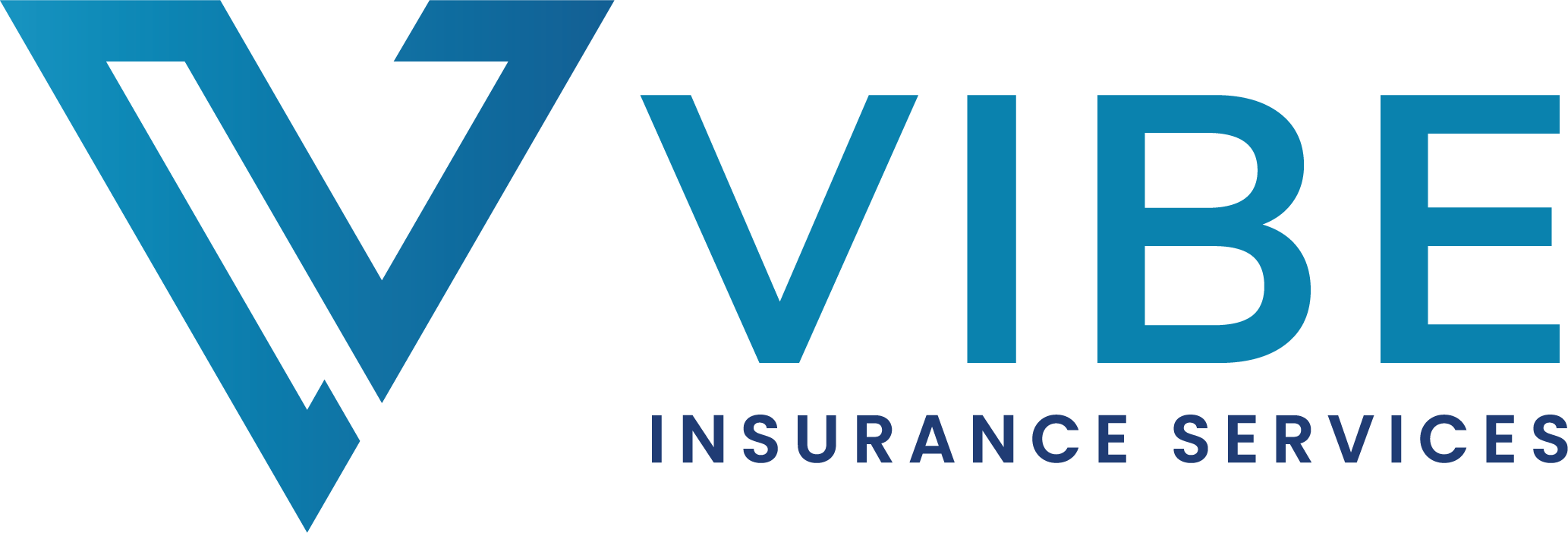Starting your journey as an independent insurance agent is an exciting milestone, full of potential and opportunity. However, with the freedom of being your own boss comes the responsibility of managing your finances effectively. Proper financial planning is the cornerstone of building a stable and successful agency. Whether you’re just launching or still in the early stages, this guide will help you lay a strong financial foundation.
Understanding Start-Up Costs
The first step in financial planning is getting a clear picture of your start-up costs. These can include:
- Licensing and Certification Fees: Ensure you’re fully licensed and compliant with state regulations, which may require continuing education and certification renewals.
- Technology Investments: Modern tools like Customer Relationship Management (CRM) systems and Agency Management Systems (AMS) are essential. These technologies streamline your operations, help manage client data efficiently, and automate administrative tasks.
- Office Setup: Whether you’re setting up a physical office or working virtually, you’ll need to budget for essentials like office supplies, software, and potentially rent.
- Marketing: Initial marketing efforts, including website development, branding, and online advertising, are critical to attracting your first clients.
Budgeting accurately for these start-up costs ensures you’re prepared and not caught off guard by unexpected expenses.
Creating a Budget
A well-structured budget is your roadmap to financial stability. Start by listing all your fixed and variable costs, such as:
- Fixed Costs: Rent, insurance, software subscriptions, and loan repayments.
- Variable Costs: Marketing expenses, travel, client entertainment, and office supplies.
Regularly review and adjust your budget to reflect changes in your business. This practice keeps you on track and ensures that you’re not overspending in any one area.
Managing Cash Flow
Positive cash flow is essential for keeping your business running smoothly. Here are some strategies to manage it effectively:
- Stagger Payment Plans: Offer clients staggered payment plans that align with your cash flow needs. This helps in maintaining a steady stream of income.
- Efficient Billing Practices: Implement a billing system that ensures invoices are sent out promptly and follow up on late payments without delay.
- Reserve Funds: Set aside a portion of your income each month to build an emergency fund. This reserve can be a lifesaver during slower months or unexpected downturns.
Maintaining healthy cash flow gives you the flexibility to reinvest in your business and ensures you can cover all necessary expenses.
Planning for Taxes
Taxes can be a complex area, but proper planning can help you avoid surprises. Consider the following:
- Quarterly Tax Payments: As a self-employed individual, you may need to make quarterly tax payments. Plan ahead to avoid penalties.
- Tax Deductions: Take advantage of tax deductions available to small business owners. These might include home office expenses, health insurance premiums, and business travel.
- Professional Guidance: Working with an accountant or tax professional can ensure you’re making the most of available deductions and staying compliant with tax laws.
Proactive tax planning not only saves you money but also reduces the stress of dealing with tax season.
Building Financial Resilience
Financial resilience is your ability to withstand financial shocks. Here’s how you can build it:
- Emergency Fund: Aim to save three to six months’ worth of expenses in an easily accessible account. This fund acts as a buffer against unforeseen circumstances like a sudden drop in income or unexpected expenses.
- Insurance Coverage: Make sure you have adequate insurance coverage, including professional liability insurance, to protect your business from potential risks.
By planning for the unexpected, you safeguard your agency’s future and ensure its long-term stability.
Conclusion
Financial planning is not just a task to check off your list; it’s an ongoing process that evolves with your business. By understanding your start-up costs, creating a solid budget, managing cash flow, planning for taxes, and building financial resilience, you set the stage for a thriving and profitable agency.
At VIBE, we’re committed to supporting your journey as an independent agent. With the right financial strategies in place, you can focus on what you do best—serving your clients and growing your business.
Ready to take control of your financial future? Contact us today to learn how VIBE can help you achieve long-term success as an independent insurance agent.




